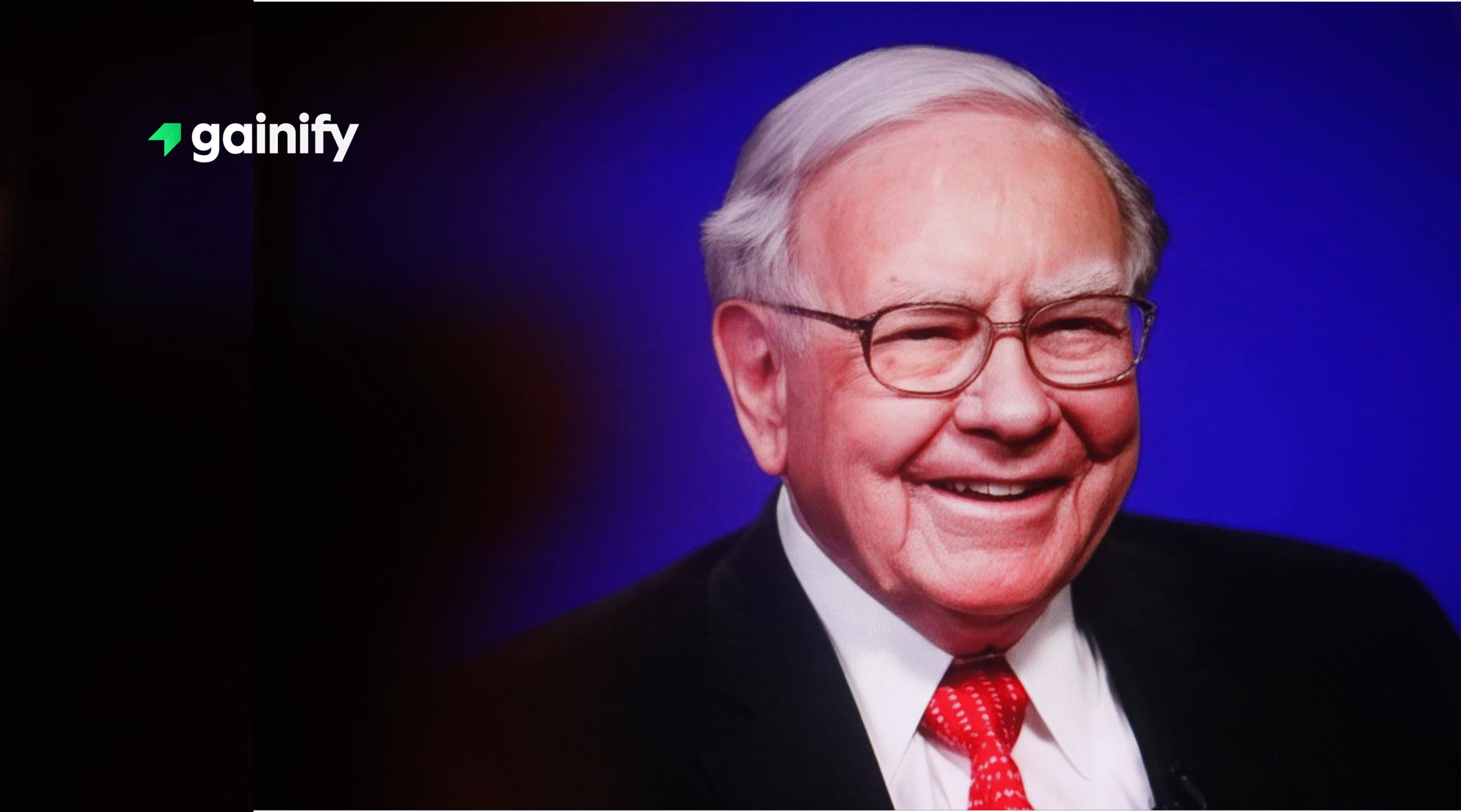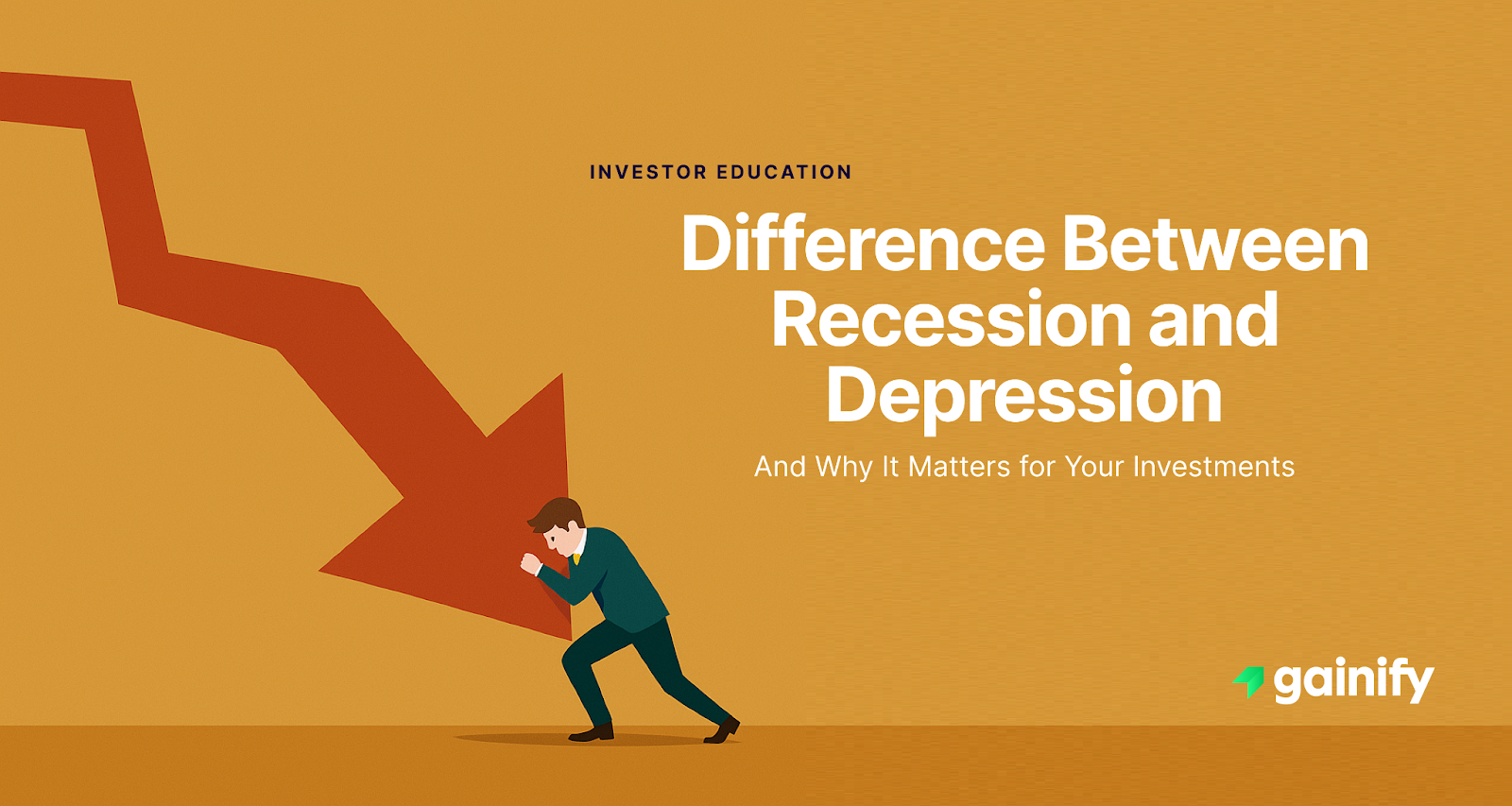Warren Buffett, the legendary investor and CEO of Berkshire Hathaway, often attributes his extraordinary success not to luck or market timing but to the simple, disciplined habit of reading. Alongside his brilliant business partner, Charlie Munger, Buffett has cultivated an investment philosophy grounded in intellectual curiosity, probabilistic thinking, and a relentless focus on intrinsic value.
Buffett has said he spends around five to six hours each day reading, continuously building an intellectual framework that has helped him navigate economic catastrophes, avoid the siren songs of speculation, and achieve one of the most remarkable records of long-term success in financial history.
It’s no surprise, then, that he often credits books for shaping his approach to investing – the top recommended book by Warren Buffett is The Intelligent Investor, which he calls the best investing book ever written, but he also endorses several other influential titles that reveal the principles behind his extraordinary success.
For those serious about a career in investing, corporate leadership, or simply making smarter investment decisions, these book recommendations personally endorsed by Warren Buffett offer a masterclass in critical thinking, corporate management, and disciplined investing. Below, we’ll reveal the top books Buffett recommends plus a few valuable bonus reads you won’t want to miss.
1. The Intelligent Investor by Benjamin Graham (1949)
Buffett’s Favorite and Most Frequently Recommended Book
Widely known as the best-selling investing “bible”, The Intelligent Investor remains the most influential book ever written on investment philosophy. Warren Buffett famously described it as “by far the best book on investing ever written”.
Benjamin Graham, often called the father of value investing, introduced essential concepts such as defensive investing, the margin of safety, and the allegory of Mr. Market, which remains a powerful framework for understanding investor psychology and the market’s emotional cycles.
Key Takeaways:
- Build investor confidence through disciplined, long-term strategies.
- Master probabilistic thinking to avoid emotional decisions during market volatility.
- Learn how to insulate your portfolio against economic catastrophe.
Who Should Read It:
Financial advisors, mutual fund managers, and anyone committed to building lasting wealth through sound investment decisions.
2. Security Analysis by Benjamin Graham and David Dodd (1934)
The Definitive Book That Shaped Buffett’s Analytical Discipline
Published during the depths of the Great Depression, this outstanding book became the cornerstone of Buffett’s early education at Columbia Business School. Co-authored by Benjamin Graham and David Dodd, it remains a gold standard for rigorous financial analysis and the careful reading of financial statements.
Buffett credits Security Analysis with shaping his approach to evaluating businesses – not just as stock tickers but as real economic entities with intrinsic value. This book taught him how to separate market noise from business reality, a principle he applied successfully through his early business endeavor, the Buffett Partnership Ltd.
Key Takeaways:
- Master the art of analyzing balance sheets and annual reports with keen analysis.
- Develop a confident management style rooted in economic fundamentals.
- Apply rigorous valuation methods to avoid the story of greed that has undone many investors.
Who Should Read It:
Investors pursuing a serious, research-driven approach to wealth creation.
3. Common Stocks and Uncommon Profits by Philip Fisher (1958)
The Counterintuitive Book That Expanded Buffett’s Perspective
While Graham taught Buffett what to buy, Philip Fisher taught him who to buy. This fascinating book introduced Buffett to the importance of evaluating qualitative factors, particularly leadership quality and innovation potential.
Fisher’s “scuttlebutt” approach encouraged direct conversations with suppliers, customers, and employees seeking real-world insights well beyond financial statements. It’s no surprise Buffett applied this when assessing leaders like Kevin Clayton of Clayton Homes.
Key Takeaways:
- Understand how great leadership and visionary management create enduring competitive advantages.
- Learn why counterintuitive thinking often leads to the most profitable long-term investments.
- Focus on long-term success through qualitative business insights, not just numbers.
Who Should Read It:
Investors interested in mastering both the financial and human elements of successful businesses.
4. Business Adventures by John Brooks (1969)
Buffett’s Favorite Business Book on Corporate Life and Leadership
Recommended to Warren Buffett by Bill Gates, this wonderful book remains his favorite account of how corporate management decisions shape history. John Brooks, a gifted storyteller, captures some of the biggest business stories ever told, including the sordid affair of the Edsel failure and the catastrophic collapse of Arthur Andersen.
Through richly detailed narratives, Brooks illustrates how leadership missteps, poor capital allocation, and blind optimism can lead to economic disaster. His stories provide timeless lessons for avoiding the pitfalls that have doomed many once-great companies.
Key Takeaways:
- Study fascinating people and how their decisions shaped (or shattered) iconic businesses.
- Understand how corporate governance failures lead to economic catastrophe.
- See how business decisions reverberate far beyond quarterly earnings reports.
Who Should Read It:
Executives, financial advisors, and anyone interested in the powerful interplay between leadership and long-term value creation.
5. The Outsiders by William N. Thorndike (2012)
The Book About CEOs That Buffett Publicly Endorses
This inspiring book examines eight unconventional CEOs, including Tom Murphy of Capital Cities Broadcasting, a close Buffett ally, who defied Wall Street’s short-termism and mastered capital allocation. Buffett considers capital allocation one of the most critical yet underappreciated skills for achieving long-term shareholder success.
Through second-level thinking and disciplined leadership, these CEOs delivered extraordinary returns by focusing relentlessly on shareholder value, even when it meant making unpopular decisions.
Key Takeaways:
- Learn how effective capital allocation drives outsized business results.
- Understand why confident management style and long-term thinking beat market fads.
- Study how great leaders resist public pressure and media scrutiny to do what’s right for their businesses.
Who Should Read It:
CEOs, business managers, and investors who want to understand what separates average leaders from the truly great.
🎁 Bonus Books
While not directly investment how-to guides, these books are invaluable for understanding the multidisciplinary thinking and intellectual curiosity that define Buffett and Munger’s approach.
✅ Poor Charlie’s Almanack edited by Peter D. Kaufman
This inspiring book compiles the speeches and writings of Charles Thomas Munger, offering insights into mental models, rational thinking, and the dangers of cognitive traps. Munger’s work is a masterclass in building an intellectual framework that transcends business and applies to daily life.
✅ The Essays of Warren Buffett: Lessons for Corporate America compiled by Lawrence Cunningham
A definitive book collecting Warren E. Buffett’s legendary shareholder letters, this volume covers everything from corporate governance to capital allocation, with reflections on investments in companies like Clayton Homes and Ralston Purina.
Other Notable Mentions
Jack Bogle (John C. Bogle): The Little Book of Common Sense Investing
Buffett has publicly praised John Bogle for his contributions to making investing more accessible through low-cost index funds. This excellent book advocates for broad stock market index investing, a simple but highly effective strategy Buffett recommends for most investors.
Howard Marks: The Most Important Thing
Founder of Oaktree Capital Management, Howard Marks offers invaluable wisdom on market cycles, risk assessment, and second-level thinking, essential reading for anyone who wants to survive and thrive in volatile markets.
Jason Zweig: Your Money and Your Brain
Zweig explores how behavioral finance and cognitive biases lead investors astray. His work reinforces Buffett’s advice to stay rational and unemotional, especially when others panic.
Adam Smith (Pseudonym): The Money Game
This witty, funniest book on Wall Street’s excesses remains an essential read for understanding the irrationality of markets and the enduring story of greed that fuels financial manias.
Final Thoughts
Warren Buffett has often said, “The more you learn, the more you earn.” These outstanding books, personally recommended by the legendary investor himself, offer far more than investment strategies. They deliver a comprehensive education in leadership, risk management, corporate governance, and the human psychology behind financial decisions.
For those aspiring to build a career in investing or lead with wisdom in corporate life, this is not just a reading list; it is a roadmap to enduring success.




